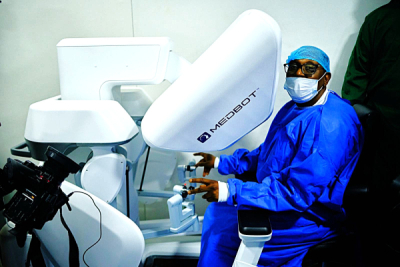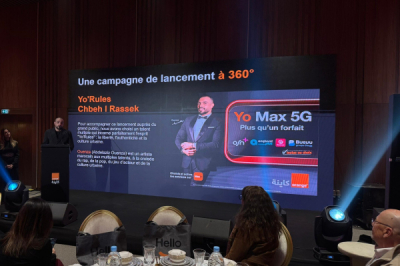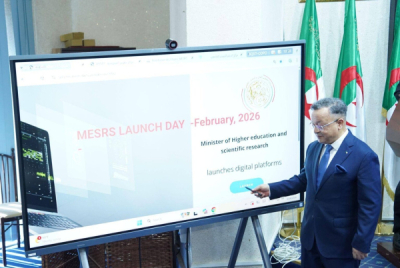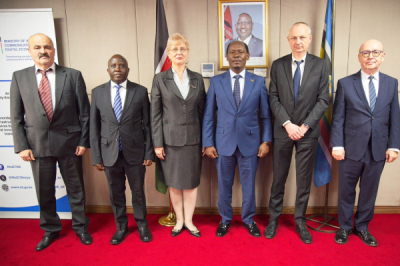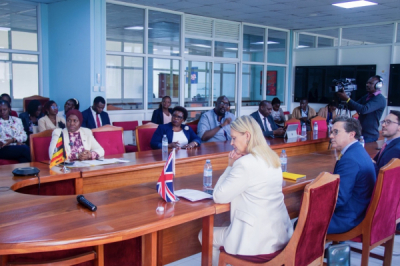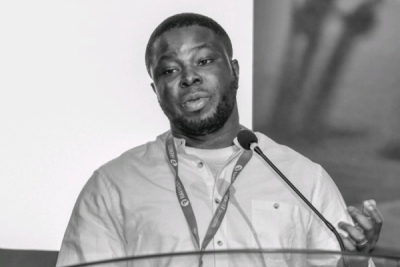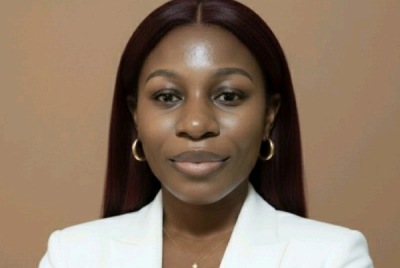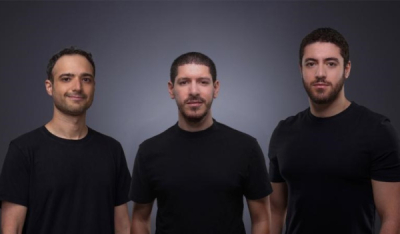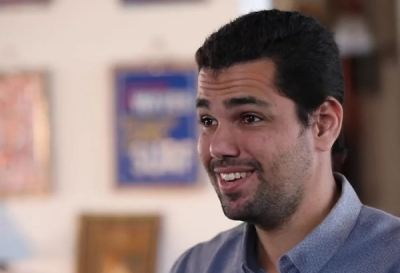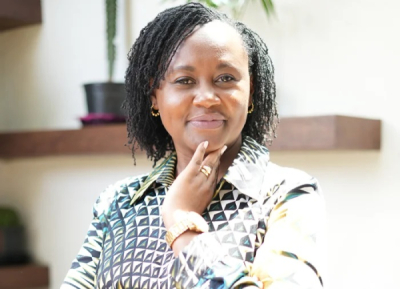He designs training programs for Liberians in digital professions. He leads projects aimed at improving access to technical skills in Liberia.
Philip Bargin, a Liberian computer scientist, centers his work around training and advisory services to help build a more efficient national economy. He heads Innovation Hub Liberia (iHub Liberia), a social enterprise dedicated to strengthening digital skills and improving employability across the country.
Since its founding in 2019, iHub Liberia has offered professional training and IT consulting services targeting individuals, recent graduates, and businesses. Its programs cover key digital fields such as web development, data collection, graphic design, and database management.
The organization also hosts events focused on technology use, aiming to raise awareness about digital opportunities, connect young professionals with experts, and encourage skill-sharing. Beyond training, iHub Liberia supports organizations in shaping their digital strategies—offering services ranging from website development and online brand management to technical support.
“We ensure participants have a simple and comprehensive learning community where they can share ideas, ask questions, and challenge themselves with the new tools introduced during training,” the organization states. To ease access to courses and interactions, it relies on platforms such as WhatsApp, Zoom, and Google Meet.
In addition to his role at iHub Liberia, Bargin serves as a project manager at 7ven Oaks, a UK-based company that delivers tech solutions to small and medium enterprises. He began his career in 2018 at the Liberia Telecommunications Corporation, where he worked as an assistant project manager until 2023, while also lecturing at Starz University.
Bargin holds a bachelor’s degree in computer science from Starz University and a master’s in information systems management from Unicaf University in Cyprus. He also earned a master’s degree in computer science from Zhejiang University of Science and Technology in China.
By Melchior Koba,
Editing by Sèna D. B. de Sodji



